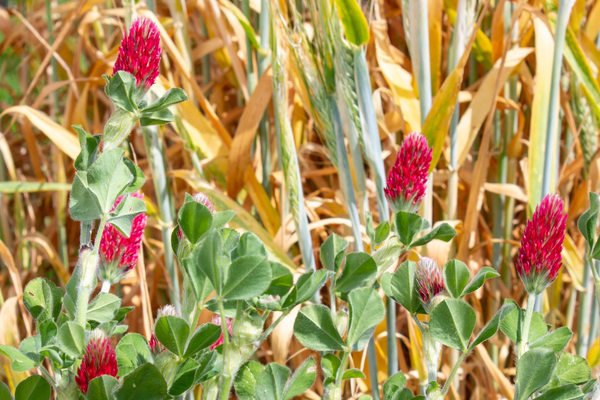Founded in 2002 by seven residents of Suspa-Kshemawati VDC, FSS is a community-based Indigenous-led organization registered with the Dolakha district Social Welfare Council office in eastern Nepal. With its base in Fashelung (Phaselung) village, the organization works across several VDCs of Dolakha district. FSS is dedicated to improving social services in the essential areas of education, health, infrastructure and wellbeing for all members of the community, with a focus on the most marginalized, especially the Indigenous Thangmi (Thami) community.

We support 1,240 households (most households have between 2-6 members). Changes we hope to make in our community are:
- Nutritional sustainability
- Mutual support networks
- Strengthening and empowering youth (we were badly impacted by the 2015 earthquakes)
- Women empowerment
- Digital and analogue literacy
- Economic development

FSS believes in self-help as the first step towards securing rights and resources for marginalized people. In line with this philosophy, the group focuses on small-scale education, health and empowerment projects that serve the local communities of which its members are a part.

From 2003-2008, Fashelung Samajik Sewa implemented the Thami Education Project (TEP) and Thami School Improvement Project (TSIP) in partnership with educate the Children (ETC), a small INGO based in Ithaca, New York. With funding from the Onaway Trust and the UN Indigenous Peoples Forum Small Grants program, they administered scholarships to hundreds of students in village schools at the primary and secondary levels, as well as several students in boarding schools at the higher education level.

In addition to providing tuition fees, school supplies and uniforms, TEP established a support group for students and their parents, and initiated teacher training and curriculum development. During the same time period, FSS initiated a village sanitation project, through which latrines were built for households across the VDC. From 2008-2013, FSS worked with ETC as the implementing partner for ETC’s Integrated Development Program (IDP), which brought a wide range of initiatives to Suspa-Kshemawati and its adjacent two VDCs of Sundrawati and Sunkhani in the sectors of education, women’s empowerment and agricultural development.

Through this program, FSS worked to improve 26 primary schools serving 4600 students; formed 42 women’s savings groups with 865 members; and introducing new agricultural opportunities such as commercial ginger and cauliflower farming. These initiatives brought notable changes to the community, increasing students school attendance, exam results, and future prospects; achieving literacy for many women and a modicum of financial independence through rotating cred; and improving nutrition and income through better agricultural practices.

After the IDP program cycle was completed, ETC initiated a new IDP program in three new VDCs further north: Lapilang, Babare and Lamidanda. Selected FSS staff are continuing to work with ETC in these areas. The rest of FSS’ members however are working full-time on post-earthquake relief and rebuilding efforts in their own and adjacent VDCs. FSS is a genuinely local organization with a proven track record of delivering livelihood improvements to all community members in an equitable manner. The organization and its leaders command widespread respect and are recognized for their efficiency and transparency.

With the support of West Coast Seeds, we have distributed seed packs and translated instructions in Nepali or the Indigenous Thangmi language to each and every household which has given nutritional benefit to all members of our community. All of us are farmers—we work the land and eat from it—but wish to learn about new fruits and vegetables to expand our horizons and make sure that our youth and Elders are eating nutritional foods filled with vitamins.























